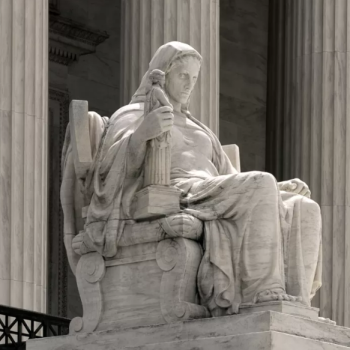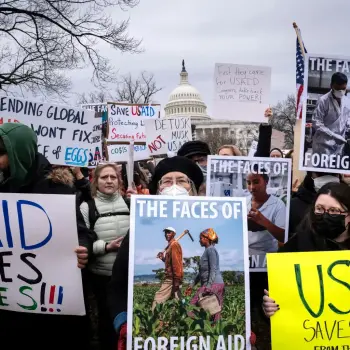Later the song explicitly reflects contemporary Zionist perspectives:
Three thousand years with no place to be/ and they want us to give up our milk and honey/ Don't you see it's not about the land or the sea/ Not a country, but the dwelling of his majesty./
As Matisyahu twirled and leaped on the stage with these words, the audience sang along exuberantly. Children chanted the words with their parents, stomping their feet in tune to the music. Long lines of concertgoers locked arms and swayed to the music. One young man, clearly inebriated, signaled that he was going to climb a small tree in order to express his enthusiasm. We all watched, holding our breath, as he swung his bulky frame onto the young and fragile branches of the sapling, swaying in time to the music.
At one particularly ecstatic moment in the same song, Matisyahu referred to the Holocaust:
Rebuild the Temple and the crown of glory/Years gone by, about sixty/burned in the oven in this century/And the gas tried to choke but it couldn't choke me./
There was no indication that these words were understood as particularly Jewish or historically relevant to the crowd on hand. There were no yarmulkes, no Yiddish, no conversations amongst the participants that we heard that had specifically Jewish content. But the people were obviously deeply moved by the words and the music.
How do we account for this phenomenon? Previously, songs of a less specifically religious nature were the songs that had a wide appeal, a cross-over appeal. No one could mistake the hyper-accessible lyrics of "We Are the World" for being religiously specific in nature. Why is it that references to the Psalms, the Holocaust, and Kabbalah, all contained within a single song, could have the same, or an even more powerful effect, for a secular audience?
We concluded that we might well call this phenomenon "modern day mantra." Scholars of religion have long debated about the use of mantras and other verbal formulae in rituals: how and when do people use efficacious words that they may not understand in order to bring about a change in themselves or in the world? These words may be nonsensical, such as abracadabra or hocus-pocus. Or they could be words that are meaningful in one context but not in another. Matisyahu's lyrics belong to the second category; they are most meaningful in a highly specific Jewish context, and could not have the same meaning for a secular audience as they do for a Jewishly-educated one.
Yet clearly the words had significance for everyone there—the sober and the inebriated, the secular and the religious, the ethnically specific and the ethnically unidentified. This phenomenon might indicate a new tolerance of cultural difference. Previously, songs of uplift, such as "We Are the World," were best mediated through generic lyrics or secular terms. Yet Matisyahu's songs are not mediated at all. They remain squarely within a Jewish idiom—resolutely un-translated into the generic secularity that is the hallmark of American culture. And yet, although they remained specific, Matisyahu's lyrics contained a message of uplift and spirituality that "crossed over" to a more general audience.
Hence the modern-day mantra of Matisyahu: a musical language that is accepted in all of its difference and embraced by the concert-going public. Matisyahu's fans may not know the specifics of the Psalms, or the geography of Jerusalem, but neither do they demand that such phrases be explained in detail. Even if their meaning remains obscure, Matisyahu's lyrics are experienced as inspiring and his music as uplifting all the same. We do not need to know that it was the Psalmist who first agonized about forgetting Jerusalem in order to sing along.




